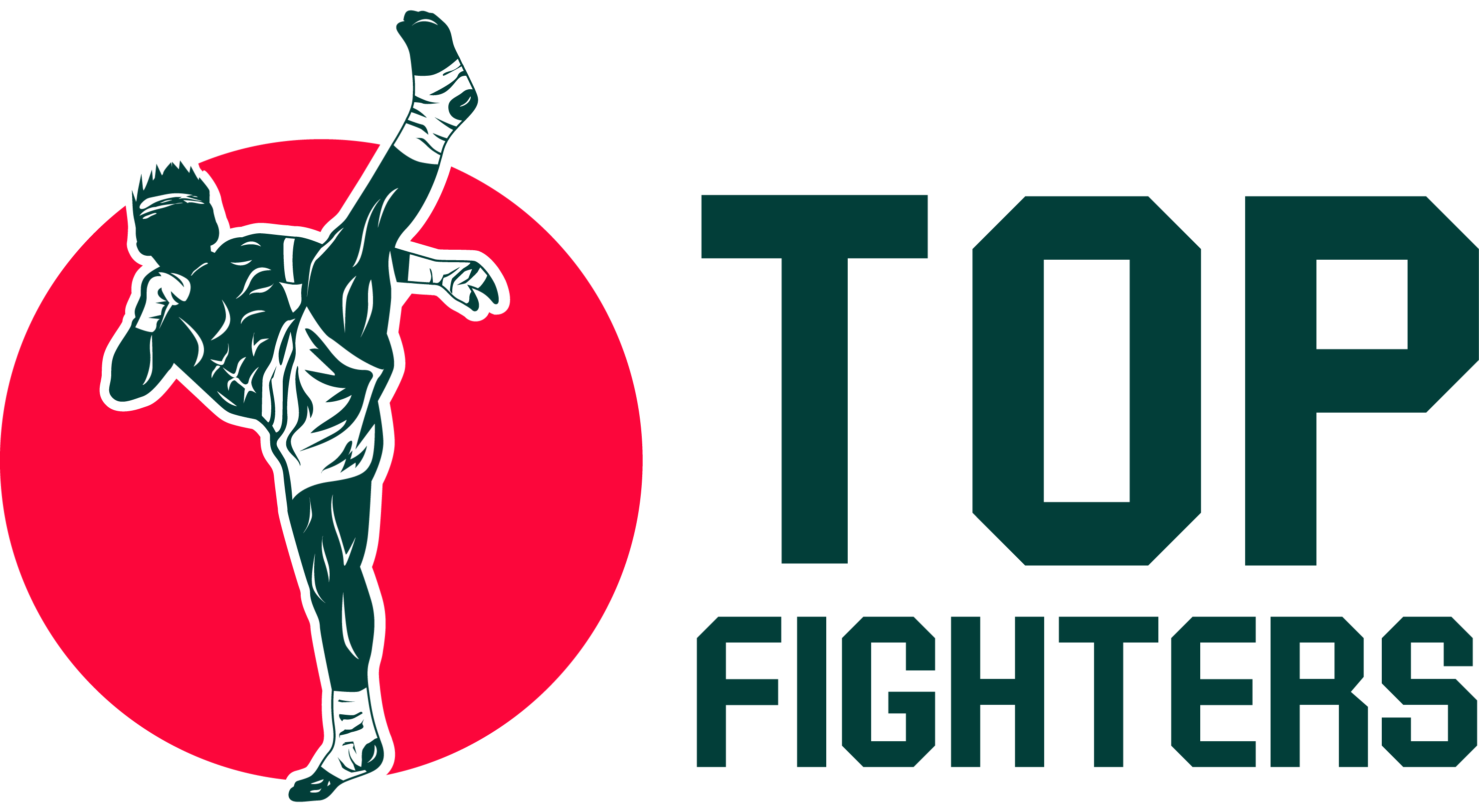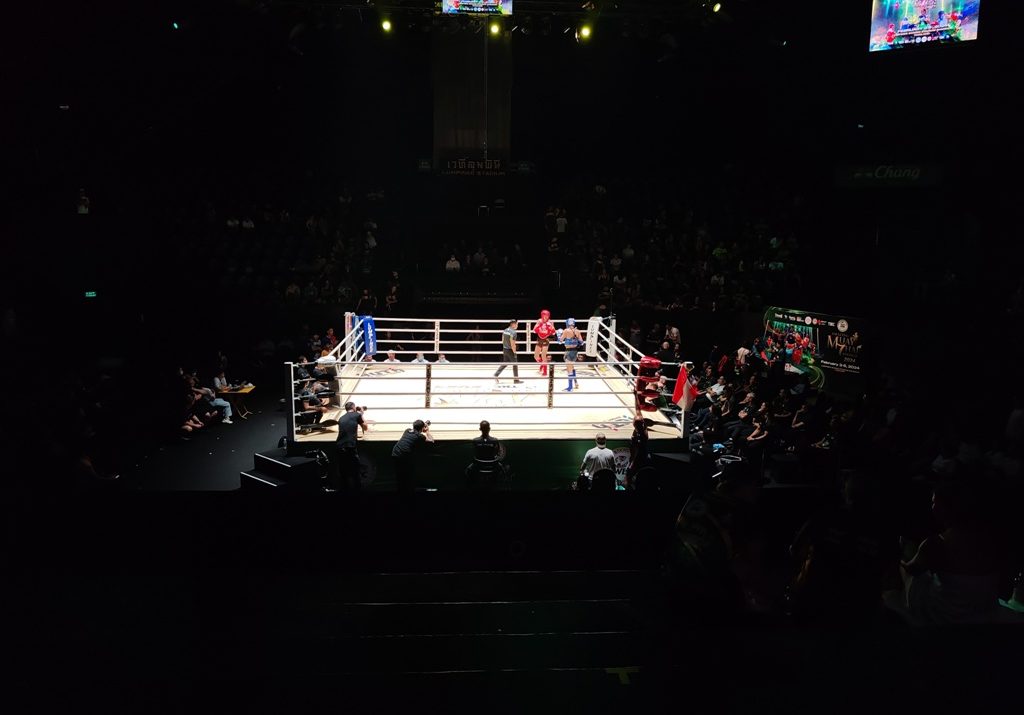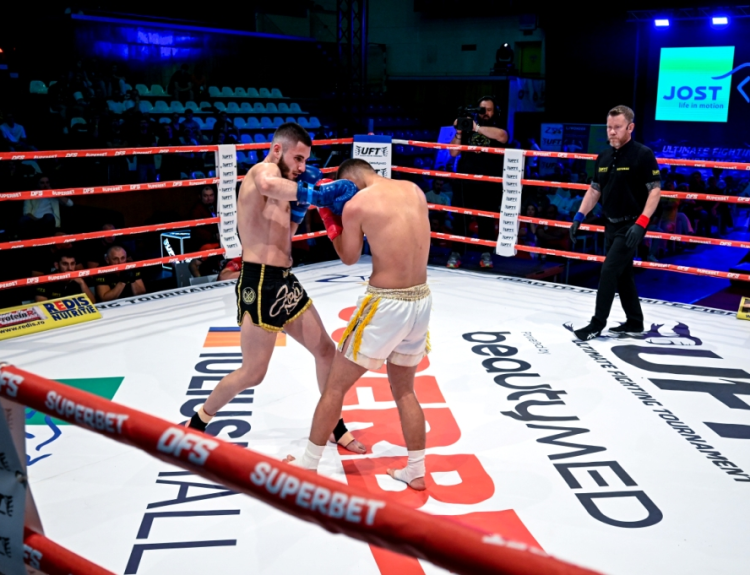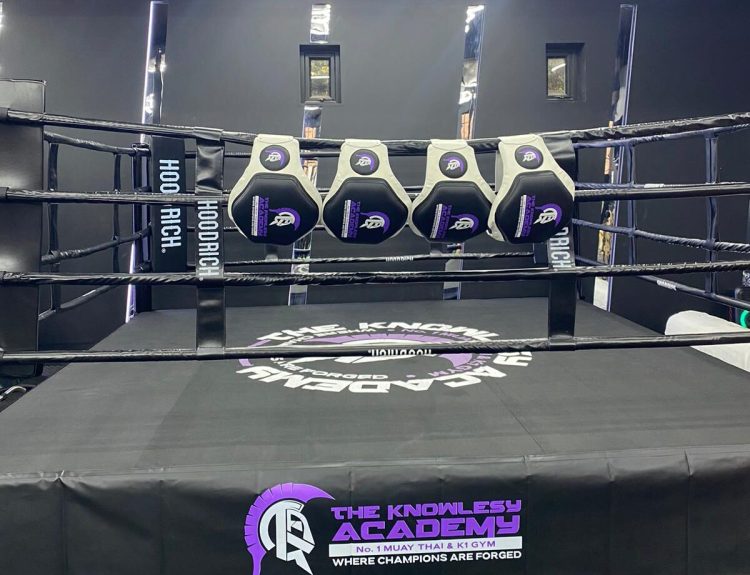How Thailand Is Using Muay Thai to Boost Tourism, Culture & Global Influence
Muay Thai isn’t just Thailand’s national sport anymore—it’s now a strategic tool to grow the economy, attract international tourists, and share Thai culture worldwide. Backed by government investment and visionary planning, Thailand is launching an ambitious plan to turn Muay Thai into a soft power success story.
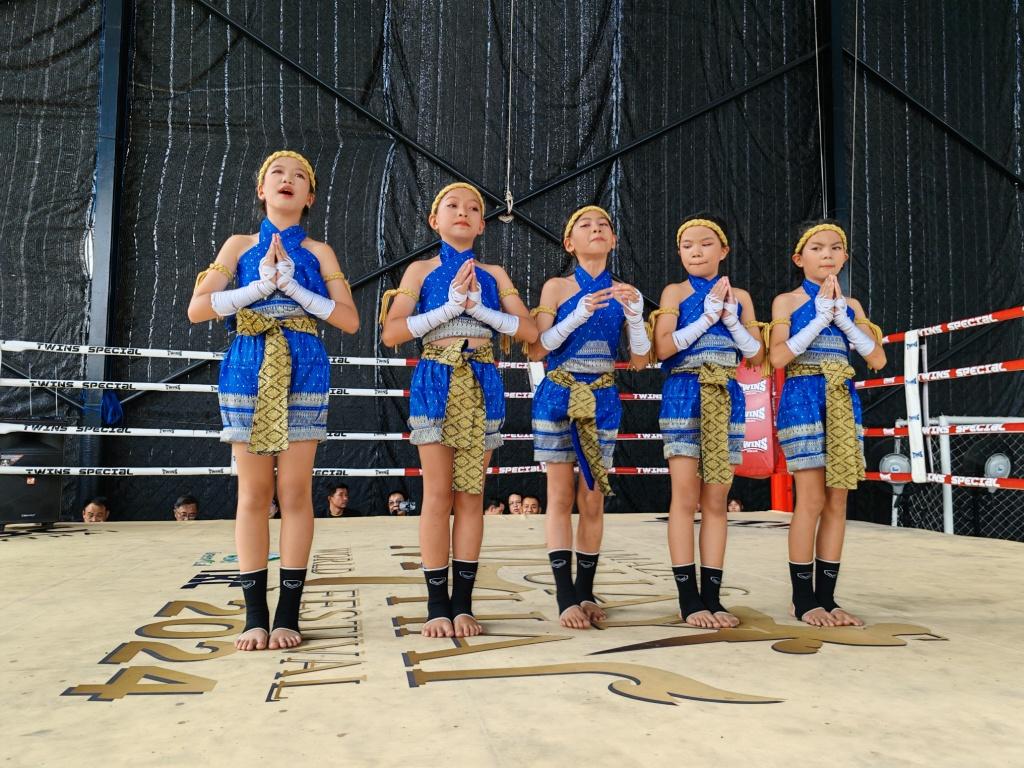
$7.6 Million Investment in the Future of Muay Thai
In mid-2024, the Thai government approved a massive $7.6 million USD budget to fuel the “Muay Thai Soft Power Project.” This initiative is led by the Ministry of Tourism and Sports and includes support from the Sports Authority of Thailand (SAT) and other top institutions.
The funding is going toward:
- Training and knowledge development – $137,000
- Coaching and staff development – $1.29 million
- Organizing national & international tournaments – $3.99 million
- Global PR & digital promotion – $656,000
- Standardization of gyms, instructors, and grading – $1.42 million
- Monitoring & program evaluation – $159,000
This national strategy positions Muay Thai as Thailand’s leading soft power asset, creating new economic, cultural, and tourism opportunities.
National Committees to Guide Growth
To ensure quality and unity, Thailand has formed two high-level groups:
- Advisory Committee on Muaythai Sports
- Executive Committee on Muaythai Sports
These bodies include representatives from the Royal Household, National Olympic Committee, and Ministry of Sports—working together to preserve the authenticity of Muay Thai while expanding its global footprint.
Muay Thai Meets Tourism: A Perfect Match
The Tourism Authority of Thailand (TAT) has made Muay Thai a key focus of its international marketing. In their “5 Must Do in Thailand” campaign, Muay Thai is highlighted as a “Must Try” cultural experience.
Key tourism-friendly updates:
- 90-day sports visas for foreigners training in Muay Thai
- Packages for tourists to visit, train, or attend tournaments
- Support for events like Wai Khru Muay Thai Day, blending culture and sport
Read more about the cultural visa and tourism tie-ins:
🔗 Nation Thailand – Visa & Culture Update
🔗 TAT’s Muay Thai Tourism Push
Global Reach & Economic Impact
With more than 10,000 Muay Thai camps in Thailand and nearly 4,000 gyms across Europe, Muay Thai is already a major international sport. Now, Thailand is aiming to:
- Create a global Muay Thai curriculum
- Certify international coaches and gyms
- Become the #1 destination for Muay Thai training tourism
The government expects this project to bring in over $64 million USD in direct and indirect economic value.
What This Means for Fighters, Coaches & Fans
This initiative is great news for everyone in the Muay Thai community, from grassroots gyms to pro athletes and content creators. Whether you’re a:
- Fighter training abroad
- Coach running a gym
- Blogger, influencer, or promoter
- Tourist planning to train in Thailand
…you’ll soon benefit from better resources, more support, and a global spotlight on Muay Thai like never before.
Final Thoughts: Muay Thai as Thailand’s Cultural Power Move
Thailand is showing the world how tradition can power progress. By investing in Muay Thai’s future, the country is creating jobs, driving tourism, and keeping its national identity alive on the global stage.
Stay tuned—this is just the beginning of Thailand’s Muay Thai soft power era.
www.top-fighters.com
Muay Thai
Thailand has embarked on a comprehensive initiative to promote Muay Thai as a global emblem of its cultural heritage and soft power. This strategic effort involves substantial investments and coordinated actions by various governmental bodies to elevate the sport’s international profile and economic impact.
Governmental Commitment and Financial Investment
In July 2024, the Thai Cabinet approved a budget of 275.65 million baht (approximately $7.6 million) for the “Muay Thai Soft Power Project 2024.” This initiative, proposed by the Ministry of Tourism and Sports, aims to transform Muay Thai from a national martial art into a globally recognized sport. The allocated funds are designated for six key areas:
- Development of Muay Thai Knowledge: 4.93 million baht
- Enhancement of Industry Personnel: 46.6 million baht
- Organization of Competitions: 143.72 million baht
- Promotion and Public Relations: 23.64 million baht
- Standard Certification: 51.04 million baht
- Supervision and Evaluation: 5.72 million baht
This financial commitment underscores the government’s dedication to positioning Muay Thai as a significant component of Thailand’s soft power strategy.
Establishment of Governing Committees
To ensure the effective implementation of this project, the Thai government has established two pivotal committees:
- Advisory Committee on Muaythai Sports
- Executive Committee on Muaythai Sports
These committees comprise esteemed figures from the royal household, the Ministry of Sports, the Sports Authority, and the National Olympic Committee. Their collective mandate is to unify efforts across organizations to promote and protect Muay Thai, setting a national standard that can serve as a global benchmark.
Tourism Integration and International Promotion
The Tourism Authority of Thailand (TAT) has integrated Muay Thai into its “5 Must Do in Thailand” strategy, categorizing it under “Must Try” activities for visitors. This initiative aims to attract both sports enthusiasts and tourists interested in experiencing or studying Muay Thai. By sponsoring tournaments and cultural events like the annual Wai Khru ritual, TAT seeks to enhance Thailand’s appeal as a destination for sports tourism.
Furthermore, Thailand has introduced special 90-day visas for Muay Thai students, facilitating extended stays for international practitioners and their families. This policy not only promotes cultural exchange but also contributes significantly to the tourism sector.
Economic Impact and Global Reach
The Muay Thai Soft Power Project is projected to generate approximately 2.33 billion baht in economic value. With over 10,000 Muay Thai camps operating across Thailand and nearly 4,000 gyms in Europe alone, the sport’s global footprint is substantial. By standardizing instruction and camp management, Thailand aims to position itself as the premier destination for Muay Thai training, further boosting its international influence and economic returns.
Through these concerted efforts, Thailand is not only preserving Muay Thai as a vital aspect of its cultural heritage but also leveraging it as a dynamic tool for international engagement and economic development.!
Want to support or promote Muay Thai in your region?
Leave a comment below
Share this article with your gym or Muay Thai crew
Follow for more news on events, gear, and global developments


